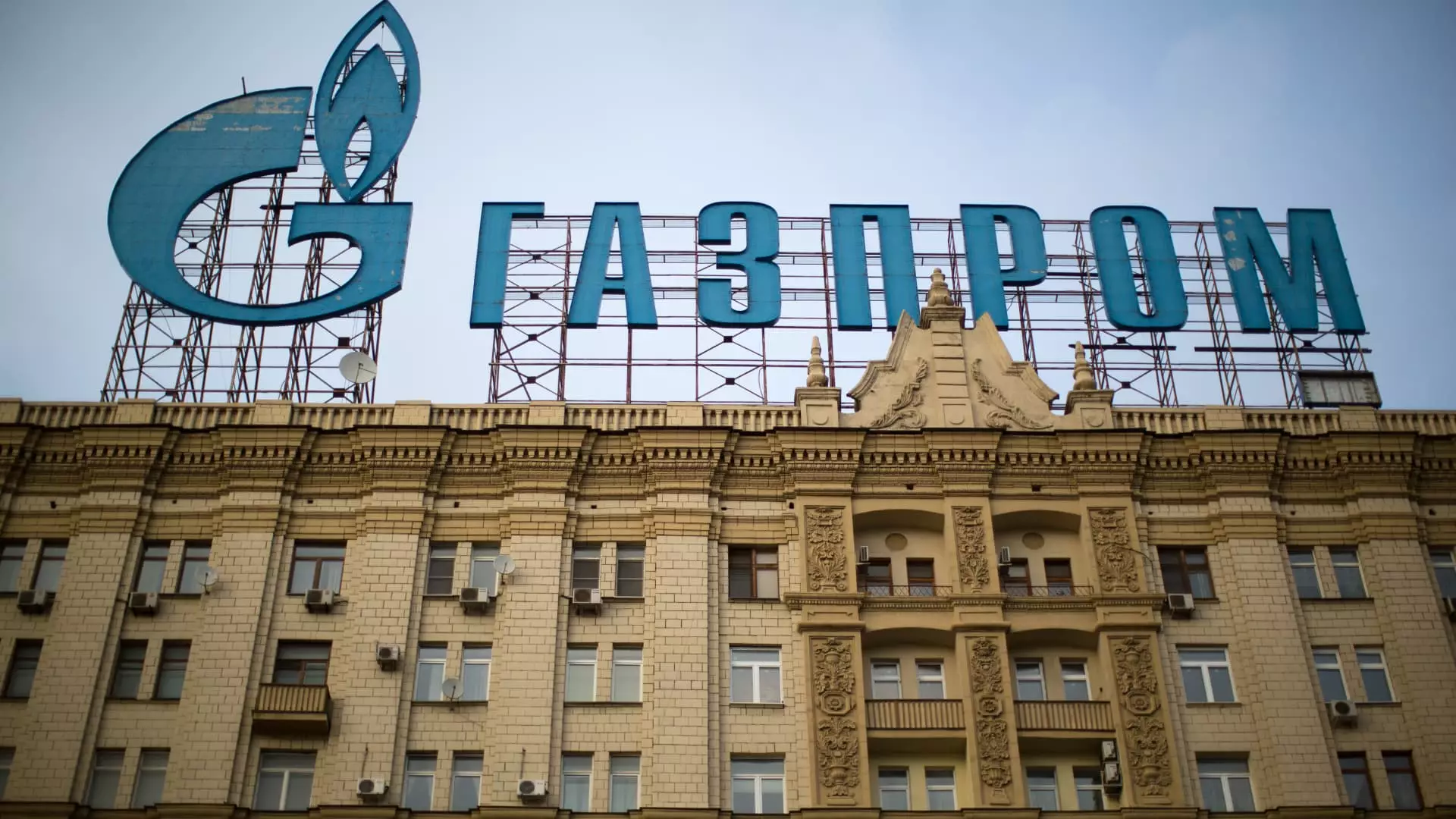The current energy crisis facing Moldova underscores the precarious position of the country within the broader geopolitical landscape of Eastern Europe. Following Russia’s announcement to cease gas supplies to Moldova starting January 1, citing unpaid debts, the Moldovan government is scrambling to implement emergency measures to safeguard its energy security. This situation is not only a challenge for Moldova but also reflects the ongoing tensions between pro-European aspirations and Russian influence in the region.
Gazprom, Russia’s state-controlled energy behemoth, has positioned the halt in gas supplies as a consequence of Moldova’s alleged debt totaling approximately $709 million. However, the Moldovan government, led by Prime Minister Dorin Recean, vehemently disputes this figure, arguing that independent audits reveal the actual debt is a mere $8.6 million. This discrepancy highlights a fundamental issue in the region’s energy politics, where the balance of power is often determined by economic leverage and diplomatic maneuvering.
The cessation of gas supplies is particularly alarming for Moldova, as it threatens operations at the Kuciurgan power plant—the country’s largest electricity generator—which is located in the pro-Russian breakaway region of Transnistria. This plant has historically fed into the energy grid of Moldova, making it an essential component of the nation’s energy infrastructure. The implications of shutting down gas supplies are severe, with the potential for widespread power cuts as Moldova enters the winter months, an especially critical time for energy consumption.
In reaction to Gazprom’s looming gas shutoff, Moldova’s parliament voted to declare a state of emergency in the energy sector, reflecting the urgency of the situation. The government is now faced with implementing restrictions to reduce energy consumption, including limiting lighting in public buildings and adjusting operational hours for energy-intensive businesses. These measures, while necessary, may not suffice to mitigate the impact of Gazprom’s decision, especially if gas supplies are completely halted.
This energy crisis is not merely a logistical challenge; it is a political battleground. Moldova’s accusations against Russia for “weaponizing” energy supplies illustrate the underlying tensions that have persisted since the country’s independence from the Soviet Union. Moldova’s trajectory towards closer ties with the European Union has been met with resistance from Moscow, which continues to wield its energy resources as a tool of influence.
Moldova’s struggle for energy security is a reflection of its broader ambition to reduce Russian dependency. Following Russia’s invasion of Ukraine in 2022—a catalyst for Moldova’s energy diversification efforts—the government has actively sought alternatives to Russian natural gas. These efforts gained momentum after the recent elections, wherein pro-Western President Maia Sandu was re-elected and a referendum signaled public support for EU integration.
Despite these positive steps, the specter of Russian interference looms large, prompting fears that Moscow will continue to exploit energy dependencies as a means to undermine Moldova’s ambitions. Moldova’s intent to seek international arbitration to challenge Gazprom’s claims is indicative of its resolve to defend national interests in a hostile environment.
The fallout from Gazprom’s decision extends beyond Moldova’s borders, impacting regional stability and energy dynamics across Eastern Europe. Transnistria, which has its own state of emergency declared, further complicates the situation, as it relies heavily on the Kuciurgan plant for electrical power—a reality that intertwines both regions in a shared vulnerability.
The ongoing energy crisis exemplifies the intricate interplay of local politics, international relations, and energy security, revealing how deeply integrated energy sources are into the fabric of national sovereignty and geopolitical strategy. As Moldova braces for a challenging winter, the response to Russian pressure may also influence the trajectory of energy politics across Europe, where nations are increasingly wary of reliance on external power sources.
Ultimately, Moldova’s energy struggle is emblematic of a broader narrative—one that pits aspirations for European integration against the persistent influence of Russia, highlighting the critical need for strategic energy diversification in the quest for national security and autonomy.


Leave a Reply